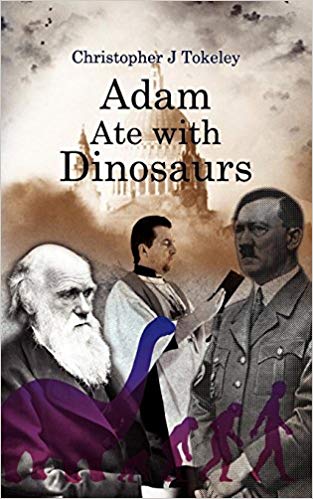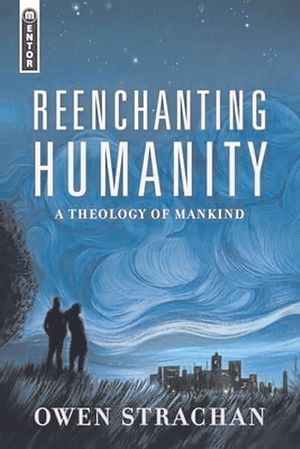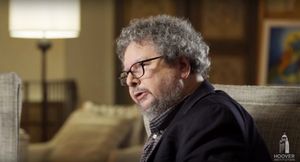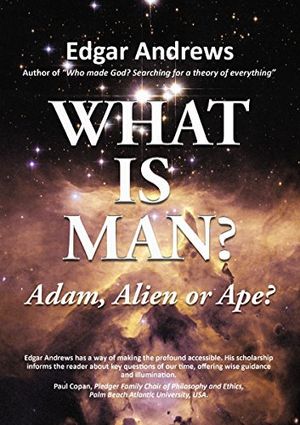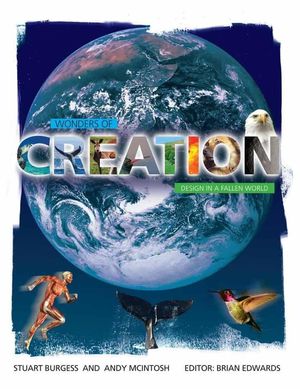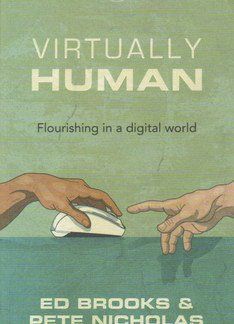This book has the worthy goal of helping Christians to think biblically about origins. The author claims no special background in science, but writes persuasively and enthusiastically, as someone who has informed himself whilst pursuing a career in international trade finance.
The book appears to be designed for non-technical Christian readers, who are left in no doubt about the message of the Bible. It reveals the truth about origins and warns us against adopting the Darwinian version of Earth history.
There are three broad sections to the book: the historical background to evolution and the pivotal role of Charles Darwin; the biblical teaching on origins and its conflict with evolution; and the theology linking Adam and Christ. Each section is well-supported by quotations from heroic Christian leaders and teachers.
Despite the title, there is only about one page in total on dinosaurs, although considerably more on the pivotal role of Adam.
The historicity of Adam and Eve is emerging as a critical issue for Christian leaders in the US and UK, with some arguing falsely that the Genesis account is pure theology, with no link to history before the time of Abraham.
Others point out that there are major theological reasons for holding to a real Adam and Eve, their original righteousness and subsequent fall into sin. Without the Fall, the gospel becomes an anachronism, because human death ceases to be a consequence of disobedience; and, if all have not sinned in Adam, how can any be made alive again by the death and resurrection of Jesus Christ?
Christopher Tokeley writes: ‘Without the act of creation, and the subsequent fall of man, there could be no Good Friday’.
In the early part of Adam ate, two prominent Victorians are contrasted. Charles Darwin left a legacy of writings that have changed our culture, catalysing a secularising trend among philosophers, scientists and theologians that trickled down to the population at large.
By contrast, Charles Haddon Spurgeon’s legacy was via a stream of books and sermons, plus many charities, pointing people to Jesus Christ. And Spurgeon rejected Darwin’s theory.
These issues are important for understanding our own times. ‘The attack of atheistic philosophy was successful — the church bowed to evolutionary atheistic thinking … For many Christians [today], the Bible begins with Abraham. Darwin’s theory continues to make an overwhelming impact on philosophy, science, the media and the church.’

